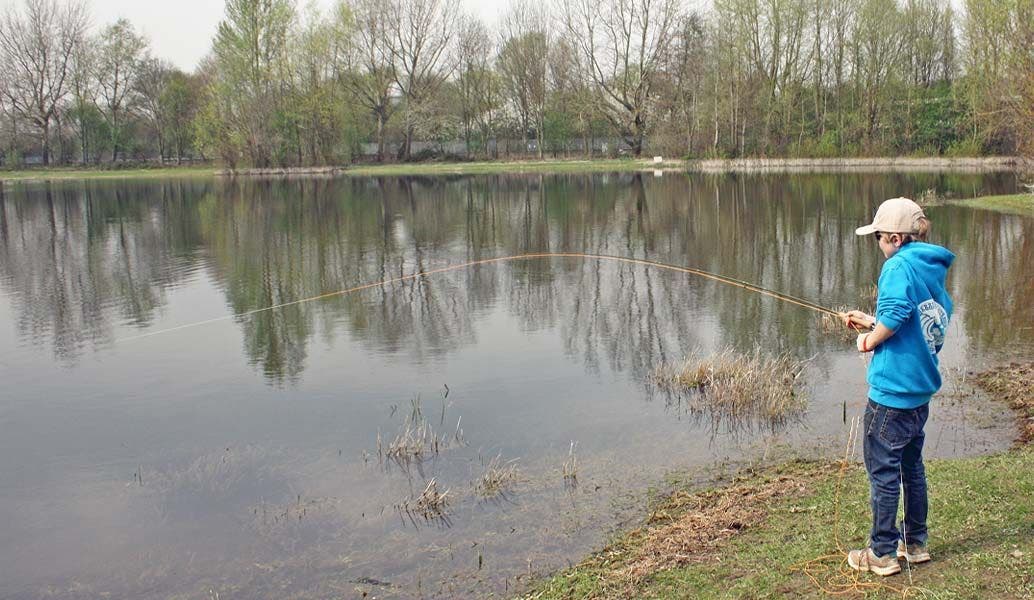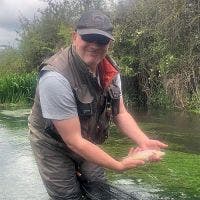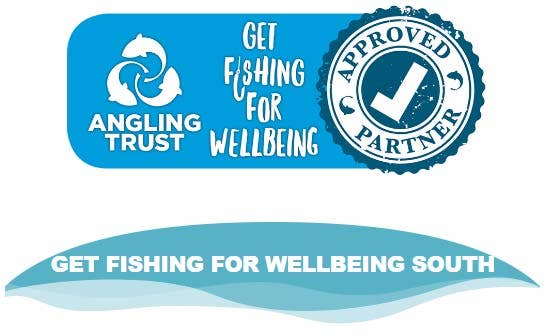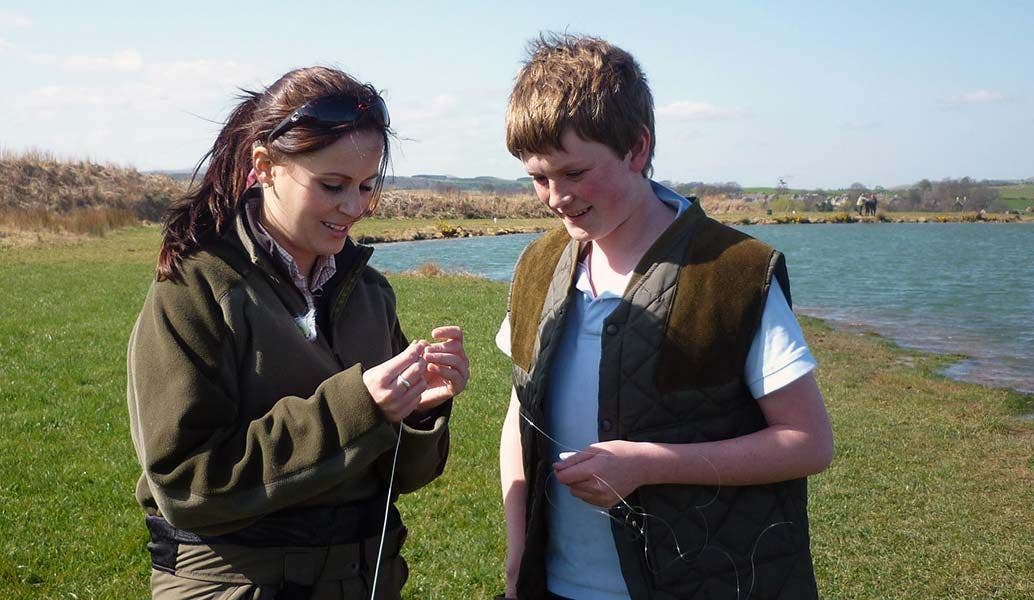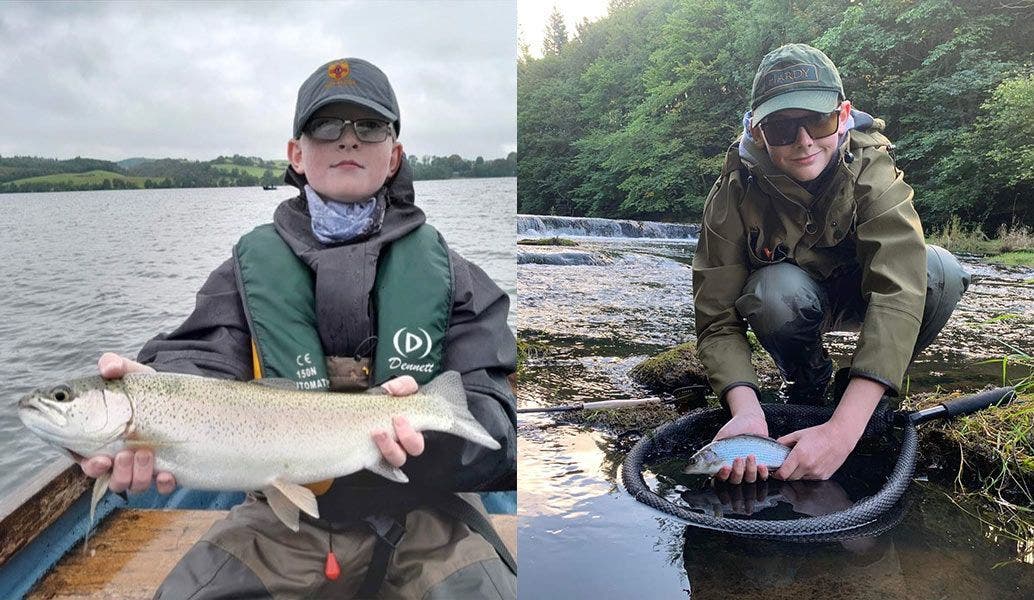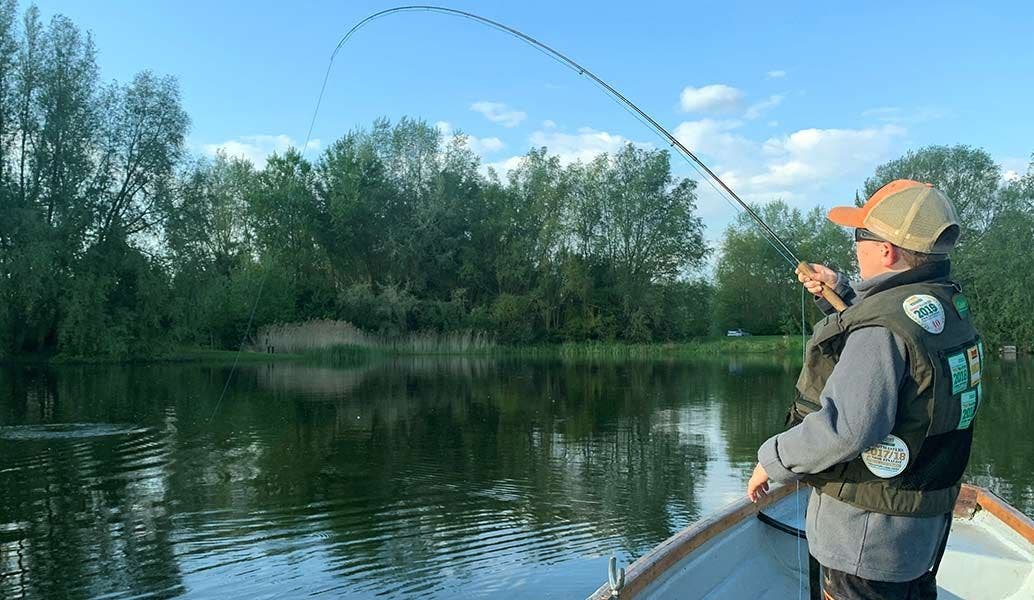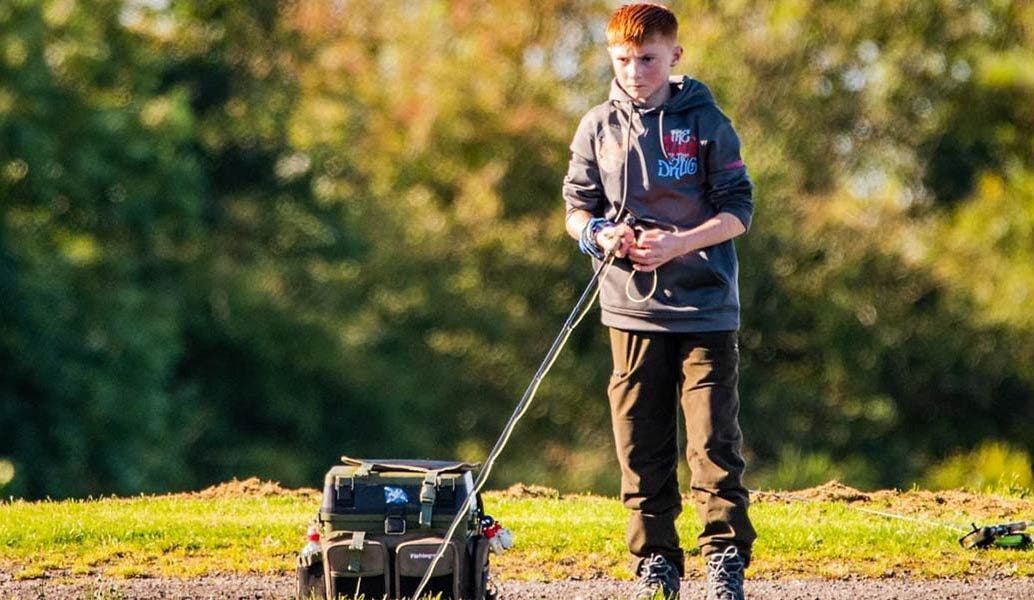CHILDREN’S MENTAL HEALTH IS GETTING WORSE
According to NHS Digital, rates of probable mental disorder in children and young people are rising sharply. In children aged 7 to 16 years it’s gone from 12.1% in 2017 to 18% in 2022, while in young people aged 17 to 19 years it’s gone from 10.1% to a whopping 25.7% over the same 5 year period.


The British Medical Association (BMA) says mental health services in England received a record 4.6 million referrals during 2022 (up 22% from 2019), and there simply aren’t enough doctors to match demand, especially where children and young people are concerned:


All the available research says our children are becoming unhappier, more anxious, more depressed, and more likely to self-harm, suffer from an eating disorder or have suicidal thoughts. According to UK charity Action For Children the factors making youth mental health worse are:
The pandemic
Covid-19 had a lasting impact on young people’s wellbeing. 42% of children tell us they worry about mental health now. This is up from 29% before the pandemic happened. Over a third of parents of under-fives think their children’s long-term mental wellbeing will be affected.
Poverty and money worries
Almost a third of all children tell us they worry about their family having enough money to live comfortably. This goes up to nearly half in children from low-income backgrounds. With the cost of living crisis pushing more UK families into poverty, this figure is set to increase. Children with a probable mental disorder are more likely to live in a home experiencing financial difficulty than those without.
The pros and cons of social media
Social media offers young people the opportunity to express themselves and connect with others. More than half of all young people say online life has a positive impact on their relationships with friends. But it can also be a space that invites comparison. Young people are still developing their sense of identity and self-worth and are particularly vulnerable to pressures to look or live a certain way. Some young people also experience cyberbullying, with those with a probable mental disorder being twice as likely to report being bullied online.
School pressure
The demands of school life can affect young peoples’ mental health. Children with a probable mental disorder miss more school than those who don’t.
FOR BETTER AND FOR WORSE
When I was growing up there was no internet, social media, online gaming or smart phones. There were only 4 TV stations and I wasn’t allowed to watch any of them before 6pm during weekdays. Our entertainment choices by today’s standards were limited. I had one full time and one part time working parent and for the most part my siblings, friends and I learnt to entertain ourselves. We didn’t always make the best decisions, but that’s how we learnt. I still have the physical scars.
I lived in the countryside. There was a little river half a mile away where you could pull out all sorts of fish with a bit of fishing line, a hook and a worm. Once you could ride a bike, new worlds opened up. One of my best friends was a 3 mile cycle away near the River Kennet and the Kennet & Avon canal. After a few years poaching, we turned gamekeeper and taught ourselves to fly fish. It became a passion and a constant positive throughout my life, although other things occasionally took precedence at certain times (beer, women, work, kids). We still fish together today, some 40 years later.
My point here however is not that it was better in my day as a kid. It’s that for children today it’s actually both better and worse. They have more opportunities and more things to do, and most of it is available 24/7. But for many of them, the digital age seems to be also contributing to their unhappiness (on top of everything else). The debate here goes on, and technology can’t be seen as a scapegoat for teen traumas. That said, it’s becoming increasingly clear that smartphones are amplifying existing mental health challenges. When I saw this chart about smart phones and children’s mental health in an article by the Financial Times, I was shocked but not surprised:


Dr Tara Thiagarajan has a PhD in neuroscience and is founder of Sapien Labs, a non-profit organisation on a mission to understand and enable the human mind. According to her:
“Gen Z has unfortunately been a guinea pig generation, and the struggles they’re having are a consequence of the environment they were born into. But the human brain and mind are remarkably malleable, and we’re capable of learning and changing at any age. Being aware of the consequences of smartphones is a first step.” She advises Gen Z to “understand that they have been deprived of hours of social interaction and should find ways to make it up. With practice, in-person interactions will get easier and pleasurable, so start by reaching out to more friends and family, volunteering, or joining an interest group.”
Smartphones are great, but they are also a problem. And part of a bigger problem. There’s plenty being done already by specialists to try and improve young people’s mental health, and ever more still to understand and do. There are multiple ways you can help improve your child’s mental health too. One of which is finding them a hobby that can last a lifetime and is proven to be good for mental health and wellbeing. Like fly fishing.
THE MENTAL HEALTH & WELLBEING BENEFITS OF FLY FISHING
According to The Royal College of Psychiatrists there are 4 key areas as to why fly fishing is so beneficial for your health:
- It involves a therapeutic engagement with nature and green-blue spaces, leading to a positive effect on your subjective happiness, satisfaction, relaxation levels and overall emotional wellbeing
- It can support personal development, including new resilience and coping skills, and provide a sense of purpose and a network of positive relationships to improve psychological wellbeing
- It provides opportunities to join clubs, participate in social events, take on new responsibilities, and engage in volunteering or coaching, all integral to social wellbeing
- It requires various levels of physical exertion from walking, wading and repeatedly casting, which can increase physical wellbeing
When fly fishing, you’re concentrating solely on what you’re doing and the beauty of where you’re doing it. For hours, all the pressures of work (or school), home life and the modern world are forgotten. This leads to lower stress levels, and studies show this reduction in cortisol (stress hormone) can have a positive effect for up to 3 weeks. When we asked our Sportfish customers in an online survey this year, 97% of them said that fly fishing significantly improves their mental health and 98% said it significantly improves their general wellbeing.


Tackling Minds, is a UK charity providing angling events and support to people struggling with a range of issues such as mental health, social deprivation, addiction and disability. In 2022 they teamed up with Anglia Ruskin University‘s Professor Lee Smith to research the relationship between recreational fishing and mental health in a sample of UK adults. The results firmly established the links between fishing and improved mental and physical health.
It surveyed approximately 1,900 UK adults online and found that, of those people who said they participated in recreational fishing, significantly fewer stated that they suffered from an anxiety disorder (16.5% versus 26.4%). Those who fish had fewer attempted suicides (7.5% versus 13.2%). Importantly, those who fish engaged in less deliberate self-harm (10.4% versus 20.6%) when compared to those that do not fish. Professor Smith commented:
“this would suggest that encouraging participation in fishing could be a good dual-method strategy for both promoting relaxation and good mental health, as well as encouraging increased levels of physical activity within those with mental health issues such as anxiety disorder.”
In 2021 fishing was officially prescribed by the NHS to help people suffering with anxiety and depression. Sportfish, which runs the Sportfish Game Fishing Centre with two spring-fed crystal clear trout fishing lakes, is now an approved supplier and partner for the Get Fishing For Wellbeing program from the Angling Trust, the national fishing governing body.
Fishing as therapy is nothing new – for decades there have been fly fishing charities supporting military veterans to cope with Post Traumatic Stress Disorder (PTSD) and combat fatigue. Fly fishing is proven to be an effective therapy for PTSD - research from the Universities of Utah, South Maine and Salt Lake City in the USA has shown that a short course of instruction can result in a 20% reduction in PTSD symptoms (Research - Rivers of Recovery).
Lucy Bowden, Sportfish Marketing Executive and a Level 2 Angling Coach, has been helping UK charity Fishing For Heroes since 2013 (www.fishingforheroes.com). They provide fully funded fly fishing courses and instruction as therapy for veterans and serving soldiers, seamen and airmen of the British and Commonwealth Armed Forces. After the initial course, they are introduced to a mentor in order to establish a bridge back into society via the game fishing community, and the charity continues to support and help them through continued contact and organising group fishing events.
Below: Lucy with some of the military veterans helped through UK charity Fishing For Heroes






Equally there are a number of charities that look to help those undergoing the trauma of cancer through the therapeutical benefits of fly fishing, such as the Cancer and Pisces Trust or Castaway, whose most recent event in June Sportfish was delighted to host at the Sportfish Game Fishing Centre.
The BBC’s hugely successful TV show “Mortimer & Whitehouse: Gone Fishing”, now in its 6th series, is all about fishing as therapy. Its origins lie in Paul Whitehouse discovering Bob Mortimer wasn’t going out anymore following his triple heart bypass surgery and inviting him out fishing. Mortimer loved it and later said:
"I’ve never felt anything like it. There comes a moment when you realise that you’ve said nothing for an hour and a half. I haven’t thought about anything else. I haven’t worried about the past, or future”.


And, not surprisingly, there are a number of organisations and charities using fly fishing specifically to help children. Among them are The Mayfly Project UK, which had it inaugural project launch at Sportfish Game Fishing Centre (SGFC) last year.
The charity aims to support children and young people in foster care through fly fishing. Their projects consist of 5 sessions, each based on the life cycle of the mayfly, where they mentor children one-to-one on all things fly fishing and conservation. At the end of the project each child that participates is given their own gear to keep, allowing them to continue their fly fishing journey. In addition to fly fishing, their projects offer these young people an opportunity to escape the pressures of the care system, a chance to forget their worries and have fun whilst building self-esteem, learn new skills and develop a meaningful connection with the natural world (you can read more here: The Mayfly Project UK, Supported by Sportfish).




Another relevant organisation Sportfish proudly supports is Fishing for Schools, developed by world renowned fly fisherman Charles Jardine. He saw the potential for angling to educate and enrich learning, and since 2007, Fishing for Schools has taken disadvantaged and young people out of the classroom and into the countryside, developing confidence and learning new skills.
Below: From the “Fishing For Schools Impact Report 2007 – 2019”




If you’ve read this far, hopefully you’ve understood that fly fishing is good for your mental health and wellbeing. But what’s it all about and how do I get my kids into it?
FLY FISHING ISN’T WHAT YOU THINK IT IS
Fly fishing in the UK is becoming increasingly popular, especially among the younger generation and females. Once seen as an exclusive old man’s sport, nowadays it’s accessible for all and doesn’t have to be expensive if you know where to look for your fishing and for your kit. Celebrity fly fishing fanatics (Sir David Beckham, Sir Ian Botham, Rita Ora, Eric Clapton, Liam Neeson, Emma Watson, and Gordon Ramsay to name but a few) are full of praise for communicating its myriad attractions and benefits.
Through social media, there’s also an ever growing tribe of UK young fly fishers, especially females, helping to drive the change.


When you think of fishing, you might picture someone sat by the water’s edge doing nothing, just waiting. Fly fishing is a bit different. It’s active not passive. It’s about using all your knowledge and skills to outwit the fish. Spotting fish, understanding their feeding habits and matching your techniques and tackle accordingly. It’s a battle of wits, and part of what makes actually catching a fish exciting is not just the adrenalin when your rod is bending while you battle a fish, but also all the work that goes into everything before it. It can be easy at times, but it can also be frustrating.
It’s like trying to work out a puzzle, trying out different things until you work out the best approach. The challenge is what makes it fun. Nowadays most fly fishers practice catch and release, and personally I find it more satisfying to see a fish I’ve caught safely released back into the water. It’s not all about catching fish though. Part of the enjoyment is about getting out of the house and connecting with nature, turning off the noise from the modern world and just getting into the flow.


You’ll also find most fly fishers are active when it comes to the conservation of fish and rivers, supporting national charities and organisations such as the Wild Trout Trust, the Angling Trust (especially its Anglers Against Pollution campaign) and the Atlantic Salmon Trust (read more about all of them here: Our Charities), as well as getting stuck in with local river conservation groups. Harry Potter star Emma Watson even ties her own flies and donates them to the Wild Trout Trust’s fund raising auctions. Joining environmental organisations like these can help give young people a sense of purpose, together with a sense of pride that they are helping to protect the planet.
Perhaps more than anything though, fly fishing provides a lifetime of learning and enjoyment. You can learn the basics of casting a fly reasonably quickly, but it does take some practice to get suitably proficient before you can start catching fish. Once you can cast, then you can start learning how to fish. There are many different types of water (rivers, small stillwaters, big reservoirs) and different types of fish (brown trout, rainbow trout, salmon, sea trout being the most popular), which means that there are lots of different techniques, from the basics to the advanced.
You never stop learning and improving and you get better every time you fish. Not all hobbies provide a lifetime’s worth of fun learning which you can do at your own pace. And not all hobbies continue to offer the same excitement after many years that they did when you first started. There are so many resources to learn from away from the water, from books, magazines, blogs to videos. There are over 500 fishing clubs in the UK and you’ll find the fly fishing community extremely friendly and always ready to help others learn. The UK has over 1,500 rivers covering over 200,000km (with plenty more smaller streams), plus around 40,000 lakes and 400 reservoirs. You’ll be close to some of them and they don’t all cost the earth to fish.


Like most sports and outdoor activities, the kit that comes with fishing varies hugely in price, and it can be quite daunting with all the different types of rods, reels, lines, flies, clothing on offer. Not every kid is going to love fishing, so my best advice would be to borrow some kit from a friend when they first set out so you’re not spending on something they’re not committed to.
I’d also recommend asking that same friend with kit if they’re willing to take them out fly fishing. I’d be surprised if they’ll say no and they’ll have a much better chance of having a really enjoyable first experience. Once they’ve decided they’d like to keep on learning to fly fish and want some kit of their own, there’s a bunch of fantastic starter kits you can buy (rod, reel, line combinations selected to work well together), with some of them costing as little as £85.
Part of our mission at Sportfish is to get more young people into fly fishing. We’d love to hear more from you about your kids’ fishing adventures and experiences - you can read what some of our younger customers have to say here:
- Junior Fly Fishing
- What Junior Angler Dylan Loves About Fly Fishing
- Fly Fishing for Kids
If your kids do decide to get into fly fishing (not everyone will, so don’t push them if they don’t) then one the best investments you can make in their fly fishing journey is to get them some casting lessons early on. Sportfish have several fully qualified casting instructors who can help, with lessons for under 16’s at a discounted price. And during National Fishing Month (29 July – 3 Sept: www.nationalfishingmonth.com), you can buy one beginner casting lesson and get the second half price.


ONE OF THE BEST GIFTS YOU COULD GIVE THEM?
There’s an old saying that a bad day's fishing is better than a good day at work. I suspect kids could substitute work for school. It’s much more than that though, especially where fly fishing is concerned. There’s something unique about the rhythm of casting a fly, the focus on fishing and outwitting the fish, and being one with nature that can produce an almost zen like state. Norman Maclean, author of “A River Runs Through It” (later made into a memorable film with Brad Pitt that won an Oscar for Cinematography) remarked “one great thing about fly fishing is that after a while nothing exists of the world but thoughts about fly fishing”.


UK journalist Estella Shardlow recently tried fly fishing for herself and wrote an article for The Sunday Times. She says:
“the rhythmic casting allows my mind to become saturated by nature: ripples reflecting on bark; hawthorn and apple trees frothing with blossom; meadows dusted with dandelions and buttercups. A sudden plop snags my attention — not a fish, but a water vole taking a morning dip. Then a tapping makes me raise my eyes to a nearby branch where a woodpecker has settled. This is a more effective mindfulness practice than any app I’ve tried”. She goes on to quote Oscar Boatfield, a co-founder of the British outdoors brand Bear, who is emphatic about the mental health benefits of fly fishing: “You can go into something called a ‘flow state’ — a form of meditation — through the repetitive physical movement and intense focus on the position of the fly on the water. The mind blocks out normal thoughts and emotional chatter. It gives your mind and body time to heal without you even knowing about it.”
And perhaps more than actually catching fish, that’s why we do it. For how it makes us feel, for how it helps us heal. For some though there’s another aspect, less about fly fishing allowing you to put your concerns and worries temporarily aside, more about putting them into place. Fly fishing author John Gierach puts it best when he says:
"they say you forget your troubles on a trout stream, but that's not quite it. What happens is that you begin to see where your troubles fit into the grand scheme of things, and suddenly they're just not such a big deal anymore."
It all really comes down to one simple concept. Go fishing, feel better. And that’s why I’d encourage you to get your kids to give it a try. It could be the start of something that helps them, and something they will they cherish, for the rest of their lives.





